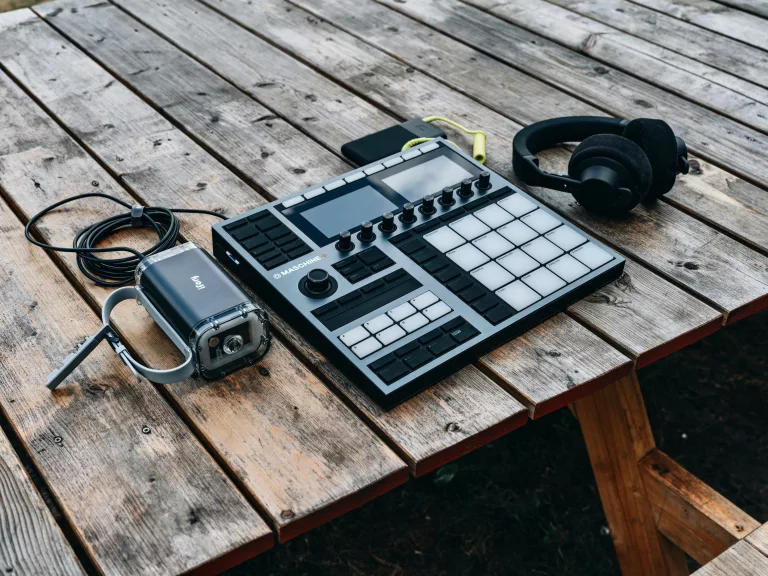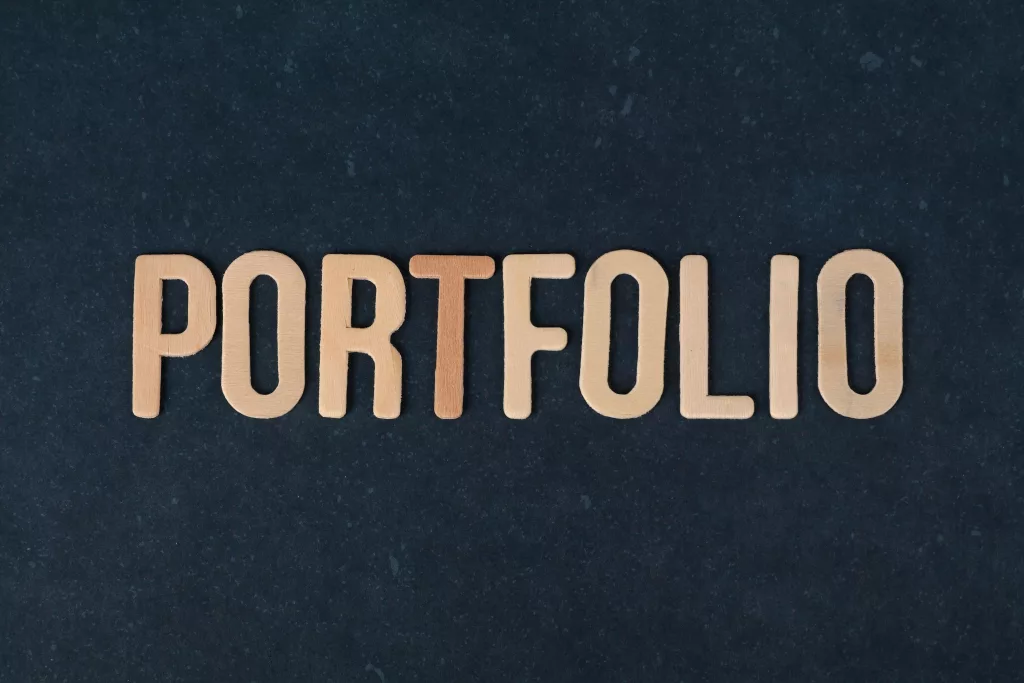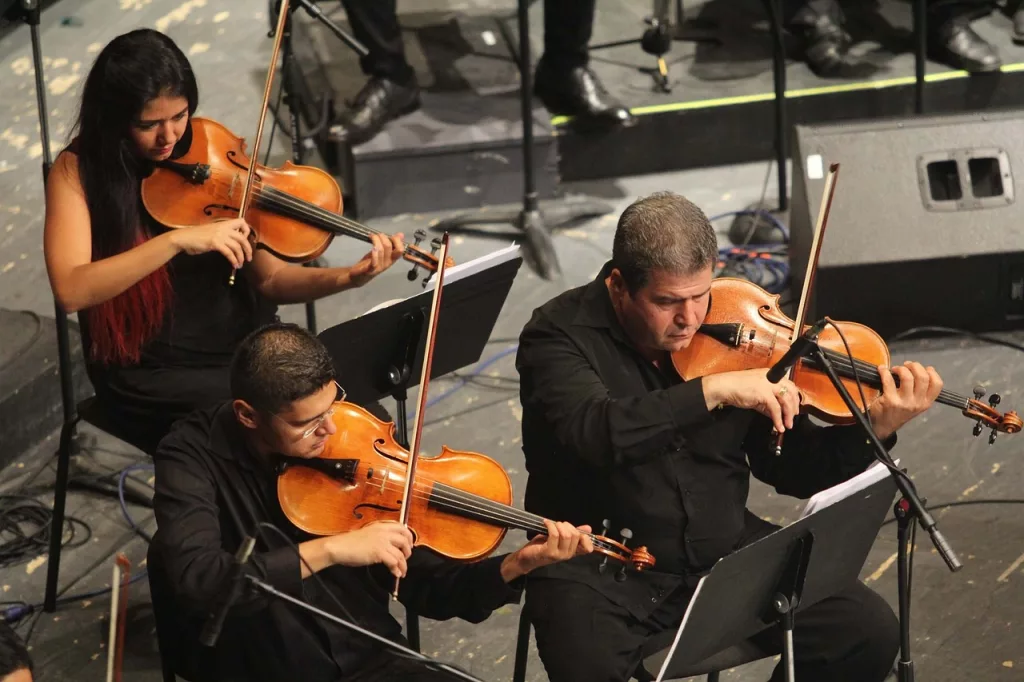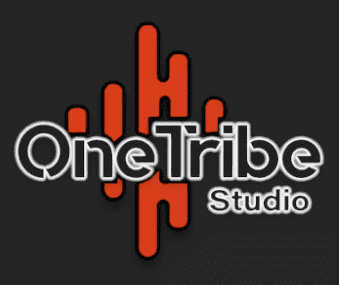Beatmaking: Art, History and the Path to Success


Beatmaking, often called “beat making” in French, is a profession that emerged with the evolution of modern music. It is therefore an instrumental creation, often based on a combination of rhythms, melodies and samples, intended to accompany a rapper, singer or any other vocal artist.
This article explores the fascinating history of beatmaking, the skills needed to excel in the field, and how to turn this passion into a lucrative career.
The History of Beatmaking
Beatmaking has its roots in 1970s hip-hop. Early producers, such as DJ Kool Herc, used turntables to isolate instrumental sections of existing songs, creating rhythm loops called “breaks.”
This technique therefore laid the foundations of sampling, a central practice of beatmaking.
The Era of Sampling
The 1980s and 1990s were marked by the rise of sampling. Iconic producers such as Dr. Dre, DJ Premier and J Dilla have pushed the boundaries of beatmaking by using samples from various musical genres.
This period saw the emergence of iconic beats that helped define the soundscape of hip-hop.
The Digital Age
As technology has advanced, beatmaking has migrated to digital. The advent of music production software such as FL Studio, Ableton Live and Logic Pro has therefore democratized access to musical creation.
This allowed producers to explore more complex sounds, effects and song structures.
Become a Beatmaker
Mastery of Production Tools
The first step to becoming an accomplished beatmaker is to master the production tools. This includes in-depth understanding of the chosen software, manipulation of samples, and creation of rhythmic and melodic sequences.
Musical Knowledge
A solid musical knowledge is an asset. Understanding chords, progressions and song structures therefore allows the beatmaker to create more complex and harmonious compositions.
Creativity and Originality
Creativity is at the heart of beatmaking. The producers who stand out are often those who dare to experiment, merge genres, and introduce unique elements into their compositions. Originality is therefore the key to standing out in a saturated market.
Production and Sale of Beats
Building a Portfolio
To attract the attention of artists, building a varied portfolio is essential. This demonstrates the diversity of the beatmaker‘s skills and his ability to create instrumentals suited to different musical styles.
Online Sales Platforms
The Internet has opened up new opportunities for beatmakers. Platforms like BeatStars, Airbit and Soundclick allow producers to sell their beats online. These sites also provide tools for managing copyrights and contracts.
Collaboration with Artists
Collaborating with artists locally or online can help broaden a beatmaker‘s reach. Credits on published pieces thus contribute to visibility and credibility.


Beatmaking Challenges in 2024
Intense Competition
With the ease of access to production tools, the beatmaking market has become extremely competitive. Standing out requires a combination of talent, effective marketing and perseverance.
Evolution of Trends
Musical trends evolve quickly. A beatmaker must therefore stay on top of changes in the industry and be able to adapt to meet market demand.
Tips for Succeeding in Beatmaking
Cultivate a Personal Brand
Having a strong and consistent visual identity can help a beatmaker stand out. This goes beyond music and therefore includes creating a logo, designing album covers and a polished online presence.
Develop Networking Skills
Success in the music industry is often about relationships. Participating in events and collaborating with other artists can therefore open doors.
Advanced Beatmaking Techniques
Innovative Sound Design
Beatmakers can stand out by exploring innovative sound design techniques. This involves creating your own samples, using unique sound effects and experimenting with original sound textures to create a distinctive sound signature.
Live Musician Integration
Some beatmakers are pushing the boundaries by incorporating live musicians into their productions. Collaborating with instrumentalists adds an organic dimension to beats and therefore provides an opportunity to explore hybrid musical genres.


The Impact of Social Media on Beatmaking
Promotion through Social Platforms
Social networks have become powerful tools for beatmakers. Creating regular content, sample beats, tutorials and collaborations with other artists on platforms like Instagram, YouTube and TikTok can significantly increase visibility.
Online Community and Instant Feedback
Beatmakers can benefit from creating and participating in online communities. Sharing your creations on specialized forums or beatmaking groups therefore allows you to obtain instant feedback, perfect your skills and establish connections with other producers.
The Ethics of Beatmaking
Respect for Copyright
In the digital environment, respect for copyrights is crucial. beatmakers need to be aware of the samples used, the licenses required and the legal implications of selling their creations.
Transparency in Collaborations
When collaborating with artists, transparency is essential. Establishing clear agreements on intellectual property, remuneration and future use of beats therefore guarantees lasting professional relationships.
Technological Evolution and the Future of Beatmaking
Artificial Intelligence and Beatmaking
Artificial intelligence is starting to influence beatmaking. Tools using AI to generate personalized beats are emerging, raising questions about the interplay between human creativity and algorithms.
New Sound Frontiers
The future of beatmaking could see the exploration of new sonic frontiers. Advances in sound synthesis, immersive technologies and interactive audio experiences could therefore redefine the way beats are created and consumed.


Social and Cultural Impact of Beatmaking
Influence on Musical Culture
Beatmaking has shaped contemporary musical culture. As the driving force behind many genres, he continues to influence the way music is created, shared and consumed on a global scale.
Community and Cultural Sharing
Beyond musical creation, beatmaking creates a global community. beatmakers therefore share diverse cultural influences, contributing to a global exchange of sounds and styles.
Conclusion
Beatmaking, constantly evolving, provides fertile ground for creative exploration and innovation.
From advanced techniques to ethical questions, from social networks to technological evolution, each aspect contributes to shaping a dynamic profession.
Beatmakers who embrace these new dimensions will therefore be better positioned to succeed in a constantly changing music industry.
